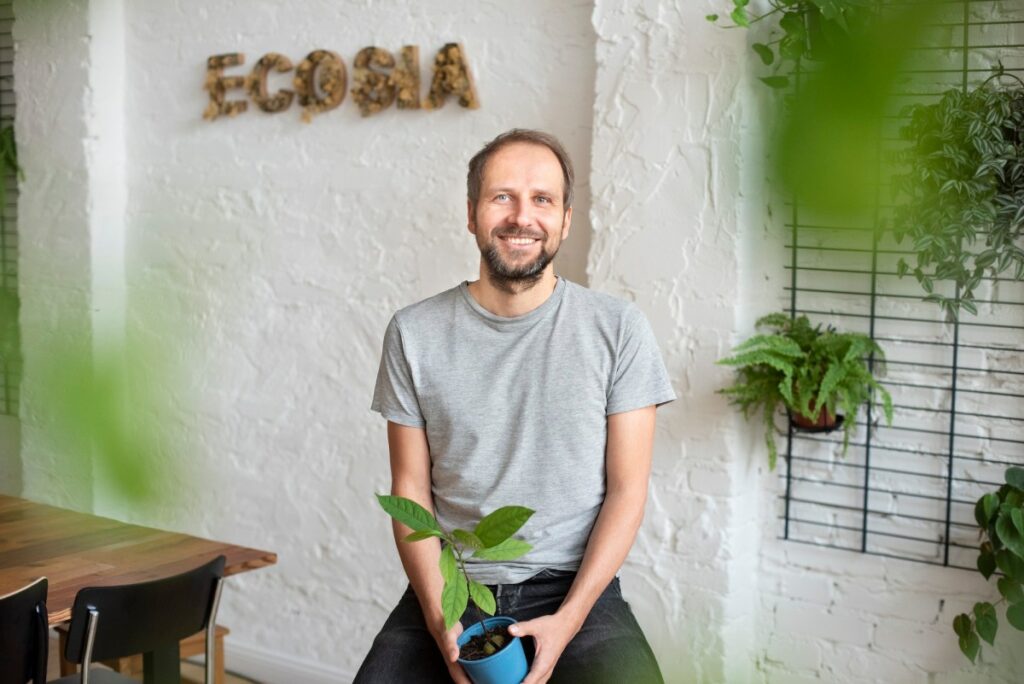“It’s not absurd, right?” Christian Kroll, CEO of Berlin-based non-profit search engine Ecosia, says of his company’s unsolicited request to be granted a 10-year “stewardship” of Google’s Chrome browser, instead of forcing Google to sell it to a competitor.
His idea is most definitely absurd, but also clever.
On Thursday, Ecosia announced it had sent a proposal regarding Chrome to U.S. Judge Mehta. The judge is expected to rule this month on remedies to his 2024 landmark decision that Google has an illegal monopoly in internet search and advertising.
One of the remedies the Department of Justice asked for would force Google to divest itself from Chrome. Google has not agreed to do so (and in 2024 vowed to appeal the original ruling). Still, competitors have been lining up to buy Chrome ever since. Both OpenAI and Perplexity have said they’d buy it; last week Perplexity even made an unsolicited $34.5 billion cash offer.
Perplexity’s offer was widely panned as being too low (not to mention, billions more than Perplexity has raised to date). “We’d think OpenAI potentially would be prepared to pay significantly more for it,” speculated RBC analyst Brad Erickson in a research note.
Ecosia believes Chrome is on track to generate $1 trillion over the next decade and an auction could price it “in the hundreds of billions,” he said.
Which is why, on face value, Ecosia asking to be handed Chrome for free – including control of about 60% of the revenue generated by its users – seems absurd.
Techcrunch event
San Francisco
|
October 27-29, 2025
The proposal promises to spend those billions on climate projects, as is Ecosia’s general mission. Founded in 2009, the non-profit donates millions per month and has relationships with local communities and NGOs in over 35 countries. It has specified projects in this Chrome proposal, including protecting rainforests, global tree-planting and agroforestry, prosecuting polluters, and investing in green AI tech.
The remaining 40% ($400 billion, Ecosia says, based on that $1 trillion estimate) would be paid to Google. Google would maintain intellectual property ownership, and can even continue to be the default search engine. When the decade is up, stewardship could be passed to another, or otherwise reviewed.
Ecosia, which uses Google to power its search engine, already has a revenue-share partnership with tech giant. And it already offers its own browser built on the Chromium open source engine that powers Chrome. That’s why he thinks the stewardship idea isn’t so out-of-line. “We would be happy to manage Chrome for them,” Kroll says. Ecosia is even offering to maintain employment for the Chrome staff.
Still, Kroll admits the bigger goal is to get the judge to consider alternatives to the typical divesture options of selling or spinning off. Those options would simply keep Chrome’s power, and its billions, in the pockets of big tech.
“We hold a track record of making possible things possible,” he says. Should he get the judge thinking, “who knows what might come out of it?”


